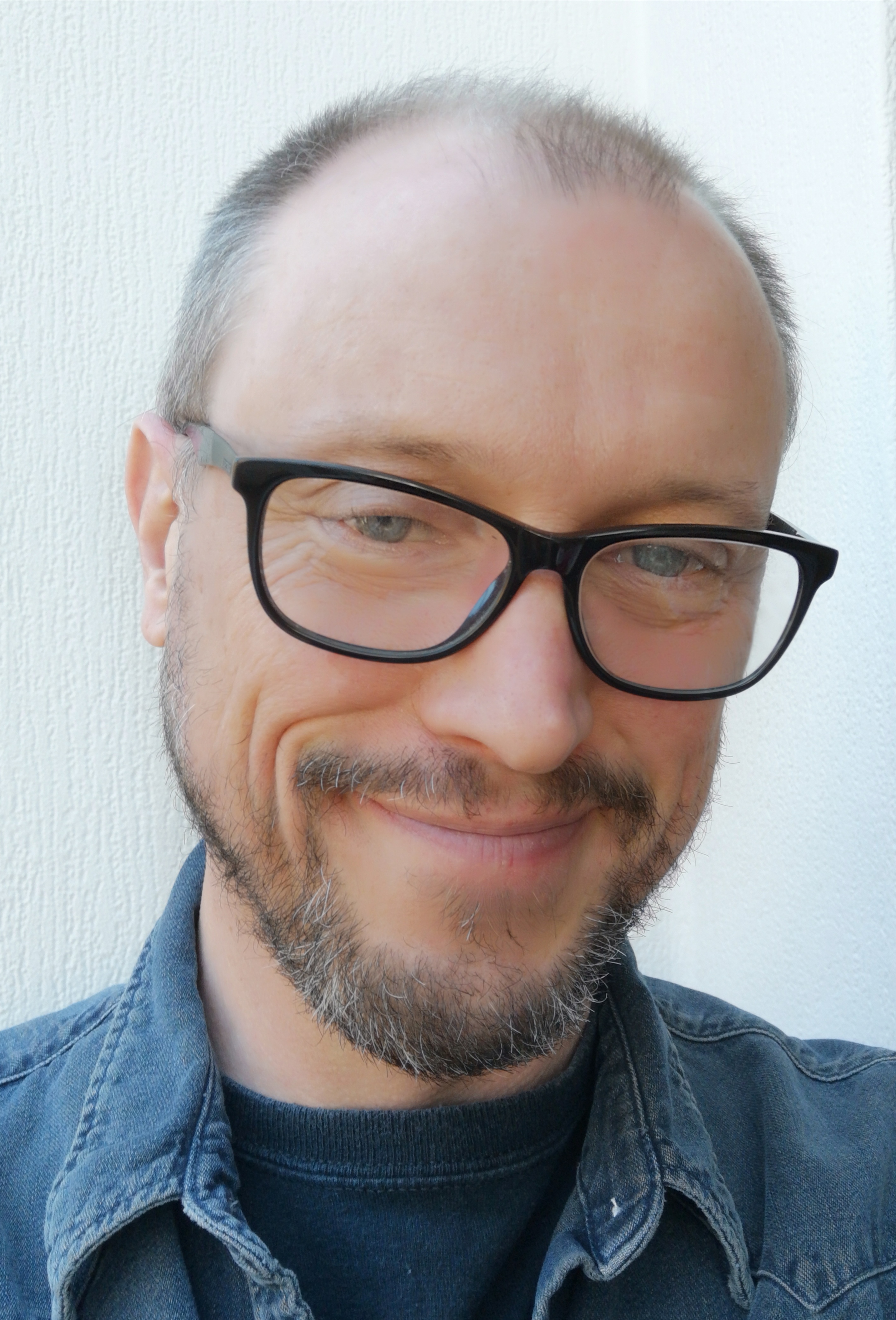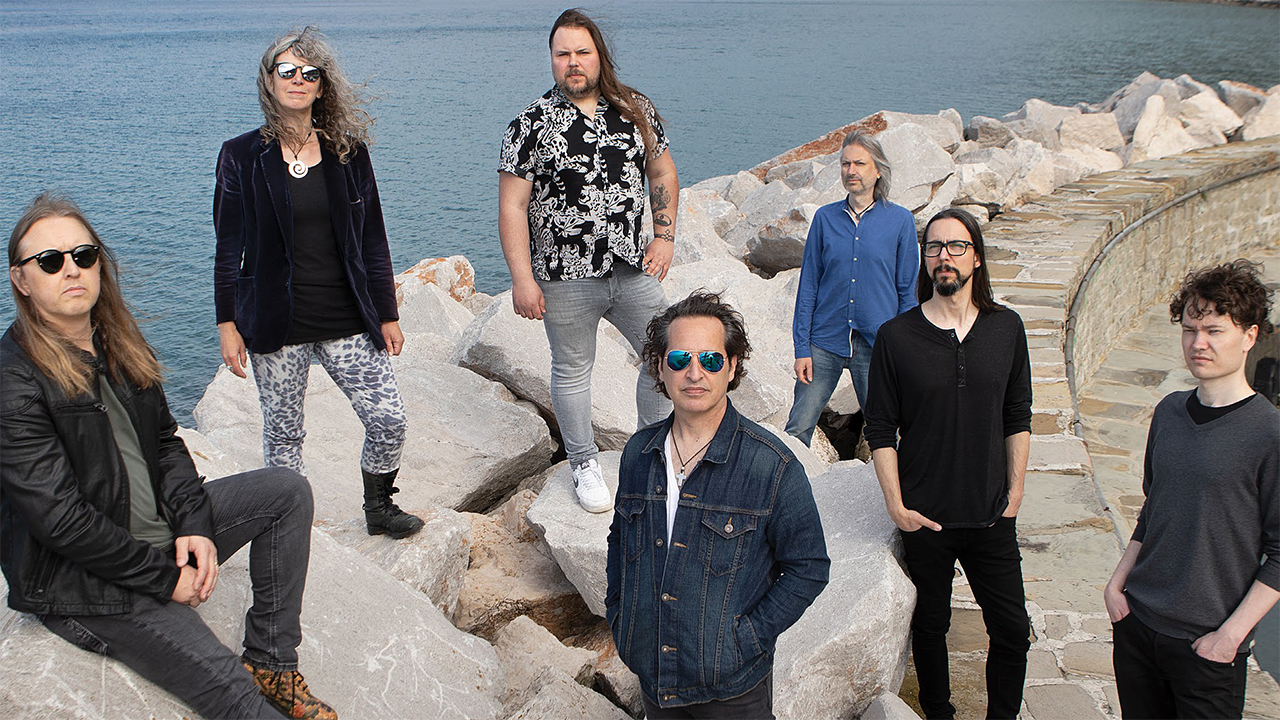Lifesigns take us behind the scenes of their new album Cardington
It’s four long years since Lifesigns’ debut album earned them much acclaim and love on the prog circuit. We find out more about their crowdfunded follow‑up Cardington
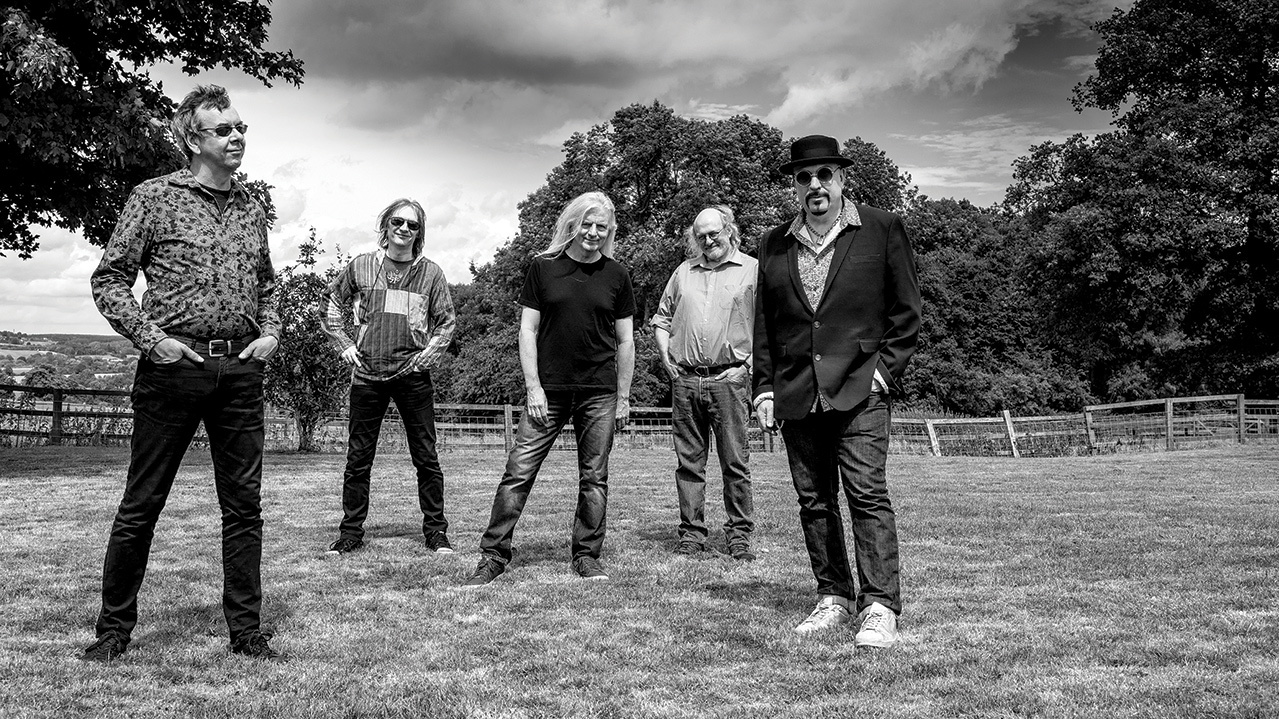
Select the newsletters you’d like to receive. Then, add your email to sign up.
You are now subscribed
Your newsletter sign-up was successful
Want to add more newsletters?
The two enormous hangars still dominate the landscape at RAF Cardington, Bedfordshire. The engineers who worked on airships here in the 1920s called them ‘sheds’, and the base became synonymous with this most proggy form of transport.
For a while, it seemed like a whole new future lay ahead, when the skies would be studded with these gargantuan ‘dirigibles’, but tragedy struck in 1930. Taking off from Cardington, the R101 – a 720-feet-long ship loaded with hydrogen – crashed in France during its maiden overseas flight. It was the worst civilian airship disaster in history. The 48 people who lost their lives were buried beneath the Cardington soil, and with them that utopian vision of 20th-century air travel.
John Young is an aviation buff. After studying music with the Liverpool Cathedral Choir, and before he became a Zelig-like figure in rock – cropping up as keyboardist for Uli Jon Roth, Asia, the Strawbs and Bonnie Tyler – he dreamed of being a pilot, and spent many years working for a large freight company based at Heathrow. Little wonder Cardington caught his imagination that night. “I was driving through,” he tells Prog. “It was late, and I just stopped the car to look at it. It’s such a unique place. There’s history and mystery there. The moon was rising behind these monolithic sheds, and I knew right then I should write about it.”
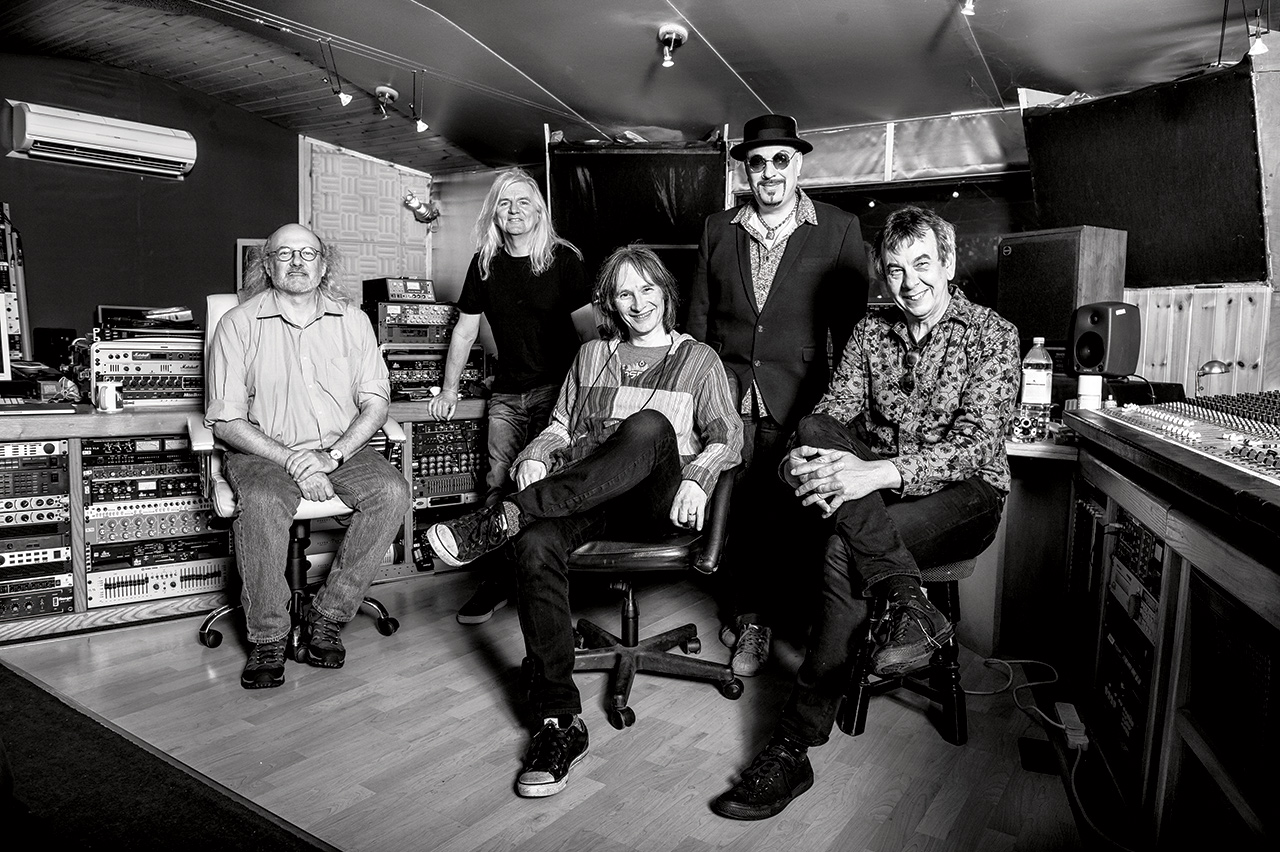
The title track to Lifesigns’ second album came quickly. As you’d expect, it’s a majestic, progressive journey that captures the pioneering spirit of the place: hauntingly beautiful, deceptively complex and painstakingly rendered. Young asked Lifesigns’ resident engineer/producer Steve Rispin to ‘build him an airship’ – or at least its sound. “It had to be in tune and in time with the track,” Young says. “We dropped it in, and it was in time and in tune. Now what are the chances of that? It’s just one example of not just how brilliant Steve is, but about the serendipity there’s been around this album.”
The Cardington LP is landing a whole four years after the band’s acclaimed debut. Lifesigns quickly won them a large fan base, bolstered by a series of club dates, festivals such as HRH Prog and Night Of The Prog, and a support slot with Marillion. But the fact remains that unless you’re one of the genre’s marquee names, prog don’t pay. And so it proves a bugger to pin Young down for our interview – he’s in Santiago, then Australia, then Zurich, playing keyboards for his regular employer and friend Bonnie Tyler, who’s still quietly huge across the world.
Martin ‘Frosty’ Beedle has been the main drummer for the smash hit ABBA musical Mamma Mia! since it opened in 1999; Rispin is much in demand for sound engineering duties (he’s off on the road with Yes for their Yestival dates). Jon Poole replaced Nick Beggs on bass after the debut record, and has his own money gig with 70s hitmakers Dr Hook.
“Getting us all in the studio at the same time is really hard,” admits Young. “Lifesigns isn’t my day job, but I’d love it if, before I left the planet, it was. But also, we’re pernickety. The hub of the whole thing is Steve, Frosty and me in our studio. We’re a democracy, we all bring different things to the table, and we really get into the minutiae, which takes time. But that’s the whole point of making the record. Everybody has to be happy with it.”
Sign up below to get the latest from Prog, plus exclusive special offers, direct to your inbox!
- Lifesigns Live At The Lexington
- The TeamRock+ Singles Club
- TeamRock Radio app back on Apple’s app store
- Lifesigns lose guitarist Niko Tsonev
Young’s planning a ‘guitar map’ so listeners can follow who plays what guitar part across the album. On it will be former full-time guitarist Nico Tsonev, Focus’ Menno Gootjes and the ever-underrated Iona/Celestial Fire guitarist Dave Bainbridge, who will join the band on their upcoming live dates. “Dave’s a master,” says Young, “and he’s a better keyboardist than me. We were amazed by the traffic on Facebook when we announced he’d be touring with us, people saying it’s a marriage made in heaven.”
The band’s 2014 live DVD Live In London – Under The Bridge was funded with a Pledge campaign, and that’s how they raised the money for Cardington too. The response was such that they hit their target within just 48 hours. “It was amazing. If we’d hit it in a month I’d have been happy, but two days? It tells us we’re doing something right. People seem to care. Some people sent 14 quid plus another 500 saying, ‘Just get it done!’ We’re of a certain age – some of the people we grew up with are CEOs of companies now. Influential people get involved.”
The appeal is broad. Recently they’ve been followed on Twitter by the England hockey coach. Young has been told by a big 80s pop starlet that Lifesigns is in her top five albums of all time. At a Lazuli gig he was asked for a photo with three young lads from New Delhi. As well as India, Lifesigns merch is regularly shipped to Iran.
Wherever they are, those fans have much to look forward to. Cardington is a step on from their impressive debut. The gigging has made them taut, and the sprawling, keyboard-led prog epics are tempered this time by some shorter, catchy songs. With its urgent earworm of a chorus, Chasing Rainbows is Lifesigns’ Have A Cigar moment, inspired by Young’s meetings with number-crunching record company types over the years.
Touch, meanwhile, takes a swipe at the X Factor/Pop Idol strain of music dominating and eating away at the cultural landscape. (‘You think in one direction, you think in one dimension.’) “It’s the cheapest, lowest common denominator television,” says Young, “and these people don’t care who they hurt. It’s horrible the way it works. It’s one of the worst things that could’ve happened over the last 15 years.”
Originally written for the John Young Band, Different runs with that theme of individuality. It’s strident, refreshing, intelligent, a fine blend of prog and AOR. Young’s own voice is clear and articulate, its lack of varnish or excessive adornment only adding to its direct power.
Retooled from the version they played on the road, Impossible was inspired, sweetly, by the empathy of Young’s border collies.
“They know when you’re upset, when you’re happy – they have that understanding of humans that we should have of each other. We don’t find it possible. They do. I told Menno to play a solo that was going to last for centuries. He’s an amazing musician.”
The album’s other 10-minute epic, N is fiendishly complicated and layered, riddled with various time changes and textures, but all the while tuneful. You can hear why it was the hardest piece to finish.
“There are certain sections I felt were almost revolutionary,” says Young. “The middle section’s not about the Mellotron, it’s about what you can do with vocal harmonies. I was in a car with a friend, and I said I was after a choral, classical feel harking back to my cathedral days. I put the radio on, and there was a piece by [British choral composer] Robert Chilcott, and it was just the sort of thing I had in mind. Again, it was serendipity, another inspirational moment.”
Voice In My Head is about the internal dialogue we all have, the one quietly directing you where you need to go. Young recently entered his sixth decade, and has peers who are retiring now. “Some of them tell me they were unhappy in their job all their life, which is such a shame. The voice in my head has always pointed me to things I wanted to do that other people said were crazy, but it’s worked for me. There’s a whole spiritual side to music, and the musician’s life – turn left or turn right and something different will happen. That’s the beauty of it – so many things can happen, or you could work in a job you hate all your life. Serendipity is there every day if you have the eyes to see it.”
Based on the Pledge pre-sales, Cardington is set to chart in its first week of release. The band will support the album with a series of dates, including their third Cruise To The Edge, and plans are already afoot to record the third album, to build on their momentum.
For all Young’s own achievements and self‑confidence, there’s a sense that he’s never quite found his place – until now.
“For a long time I wasn’t convinced my own writing was where it needed to be. When bands like UK or It Bites came along, I always felt I’d missed the boat, I was a step behind. But with Lifesigns we have our own identity, our own sound, and it’s our time. Someone asked me once if I wanted to be famous. I said, ‘No – I just want to be heard.’ It’s the culmination of years of effort, but I’m now in the band I’ve always wanted to be in.”
Cardington is due for release in mid-August and is self-released. See www.lifesigns.me for more information.
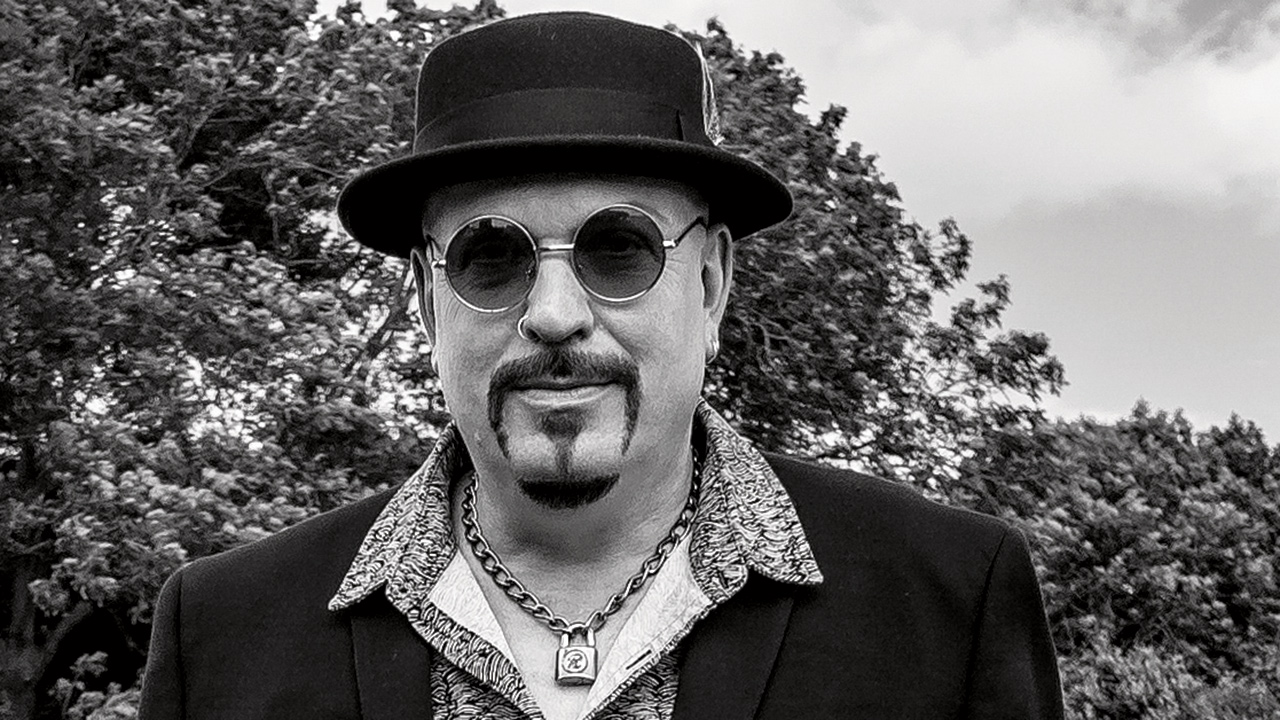
“There’s a specific thing required for Lifesigns, but no one knows what it is!”
He played guitar for the Cardiacs, reinvented himself as an in-demand bass player and replaced Nick Beggs as Lifesigns’ four-stringer after their debut album. Jon Poole discusses the band’s approach, Cardington and the Lifesigns sound
“Cardiacs have proggy leanings but have an urgent, punky side too. When I joined Lifesigns I learned Nick’s basslines but went for that JJ Burnel, Stranglers thing, to add a bit of aggression. There’s a specific thing required for Lifesigns, but no one really knows what it is! There’s lots of trial and error. I prepared five different bass approaches for N, then when I went in to record, everyone chipped in – it’s a committee, but without the ‘too many cooks’ thing. We ended up with something we’re all happy with.
“Cardington’s like the first album but goes further. There’s something about John’s writing – he plays the sort of chords I like, somewhere between prog and jazz rock, and there’s emotion to his tunes and the way he sings them. I told him I thought there was a Philip Glass/Steve Reich quality to him – he said he didn’t know what I was going on about!
“I love what Dave [Bainbridge] is bringing to the band. The first time I met him was for the Prog photo shoot, so now we’ve got to get together and learn to play this stuff live. It’s really exciting.
“It does feel like a band but it’s not like we’re a young band living in a squat together – we’ve all got bills to pay, all got (great!) day jobs. But maybe if we keep building it then one day it’ll pay for itself and we can do it full time. That’s the dream.”
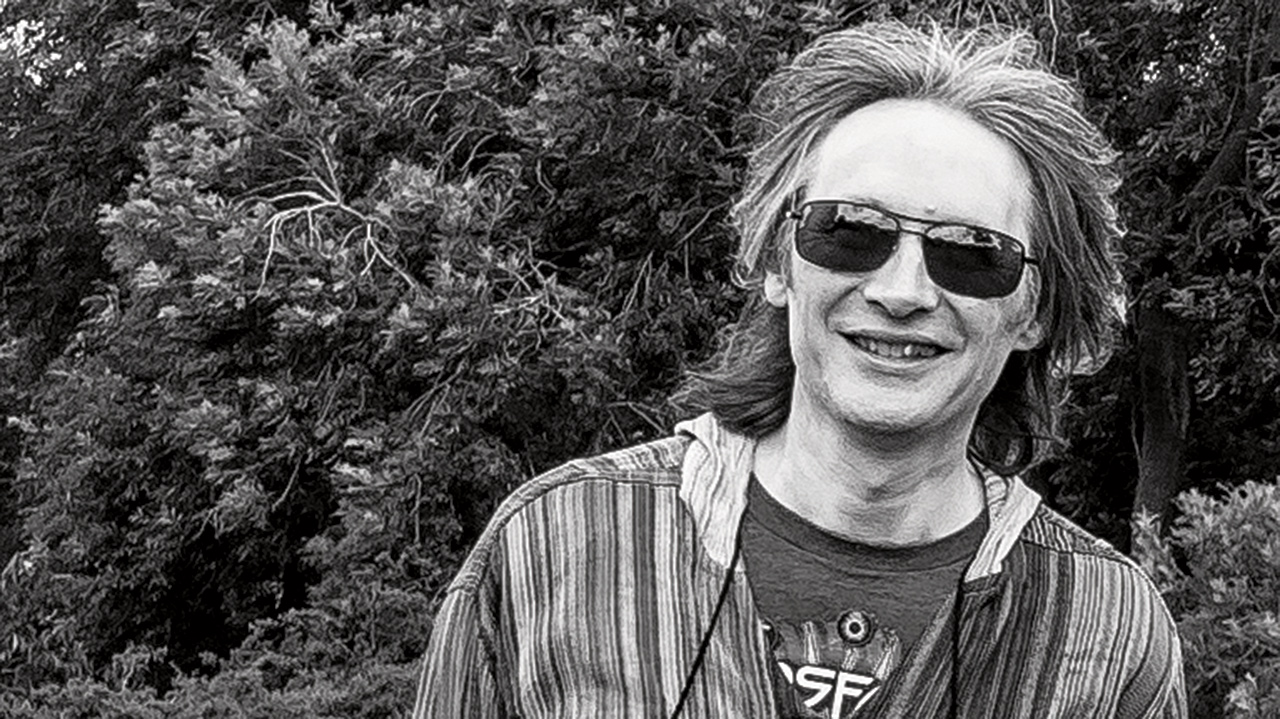
“Originally I was going to be on a couple of tracks, but John liked what I was doing so the tracks kept coming.”
One of several guitarists contributing to Cardington, Iona/Celestial Fire guitar and keyboard maestro Dave Bainbridge will join Lifesigns on the road too…
“John and I met in 2000 at Rotherham Rocks Festival. We have similar musical tastes – we bonded over our appreciation for Refugee, Patrick Moraz’s band before he joined Yes. And of course I play keyboards for the Strawbs, and so did John. He’s got this quite amazing musical background he doesn’t really shout about – writing with Jon Anderson, playing with John Wetton. I love the way he combines sounds. There are brilliant sound combinations on the new album that create a really nice landscape. Cardington and N particularly go through lots of moods and sections.
“Originally I was going to be on a couple of tracks, but John liked what I was doing so the tracks kept coming. Voice In My Head, Different and Impossible were on Under The Bridge, so I kept some of Nico’s parts and added my own too. John, Steve and Frosty have a distinctive idea of the Lifesigns sound, so I trusted their judgement on how it should be. There’s a Britishness about their sound, and that’s something I always loved in progressive music. John was a chorister, and there are certain chord inversions and progressions that come from the Victorian hymns we grew up with, and that’s a very British thing.
“Jon Poole really adds to that on Cardington, which is unusual given his punk background. Jon’s very animated on stage, and John’s stuck at the back behind his keyboard. But I can do keyboard parts too, so that’ll free him up to come out and take centre stage.
“I’m looking forward to playing with a really good keyboardist steeped in the prog tradition, and if it goes well I’m looking forward to collaborating on the next album.”
A music journalist for over 20 years, Grant writes regularly for titles including Prog, Classic Rock and Total Guitar, and his CV also includes stints as a radio producer/presenter and podcast host. His first book, 'Big Big Train - Between The Lines', is out now through Kingmaker Publishing.
